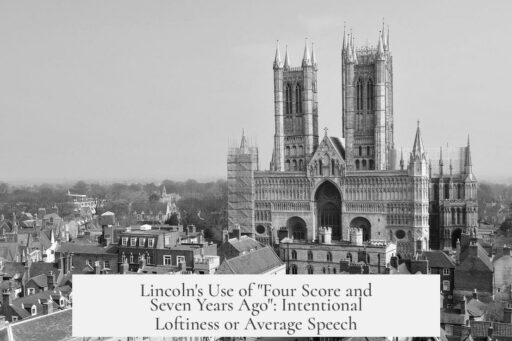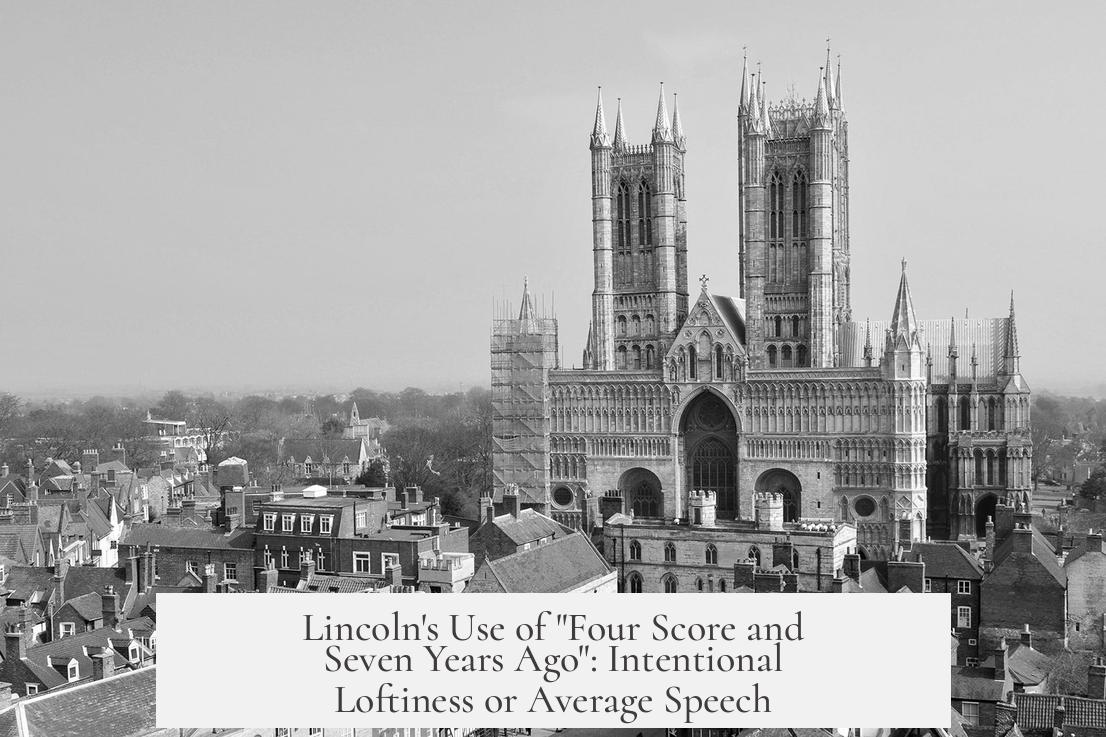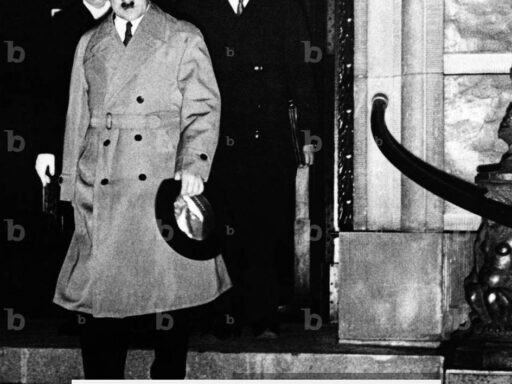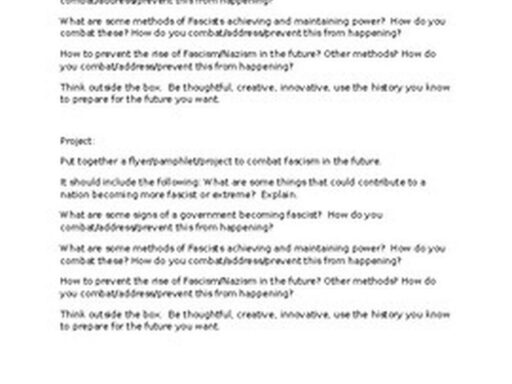When Abraham Lincoln began his Gettysburg Address with “Four score and seven years ago,” he deliberately employed lofty, formal language rather than the everyday speech of average Americans in the 1860s. This phrase draws directly from biblical vocabulary, where “score” (meaning 20 years) often appears. Lincoln’s choice reflects a strategic wordplay linking the nation’s founding fathers (“forefathers”) to a solemn, almost sacred historical moment.
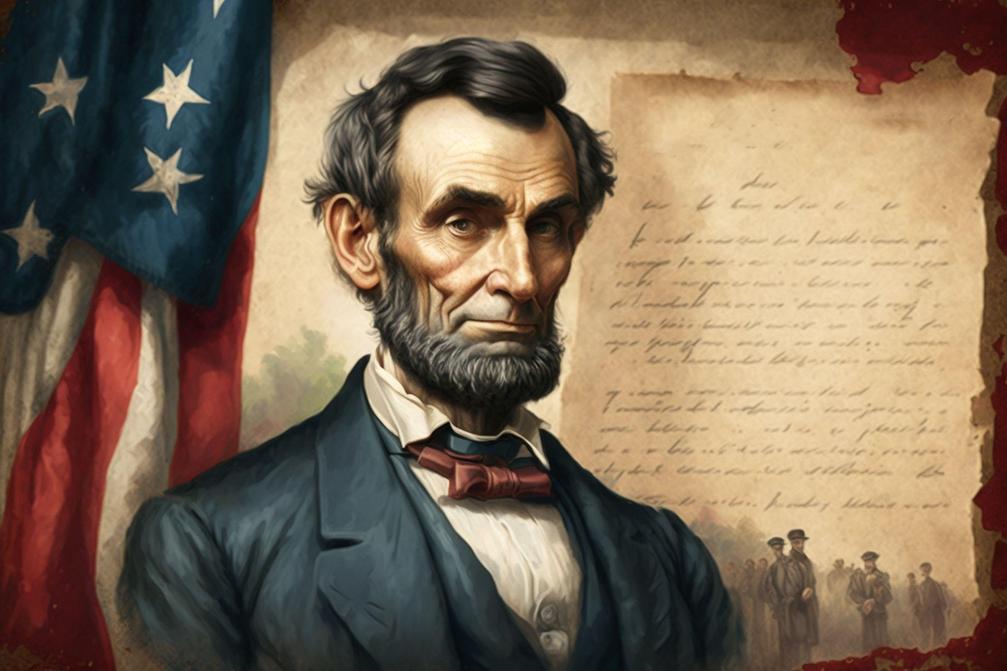
Lincoln’s language in the Gettysburg Address contrasts with common vernacular of the time. While many Americans of the 1860s spoke in straightforward terms, Lincoln used polished rhetoric and elevated diction to evoke gravity and unity. His speech’s structure features key thematic paragraphs, each anchored by a significant “five-dollar” word—such as “proposition,” “battlefield,” and “consecrated.” These words are not typical of casual conversation but serve to underscore his message’s seriousness and inspire reflection on the Civil War’s meaning.
Historical first-hand accounts from Lincoln’s contemporaries reveal a simpler vernacular among the general population. Letters and speeches from average citizens and even some politicians show more plainspoken language. Lincoln, however, stood out for his exceptional speechwriting skills and rhetorical finesse, using language that aligned with clergy and elite politicians, who often communicated in a more elevated style.
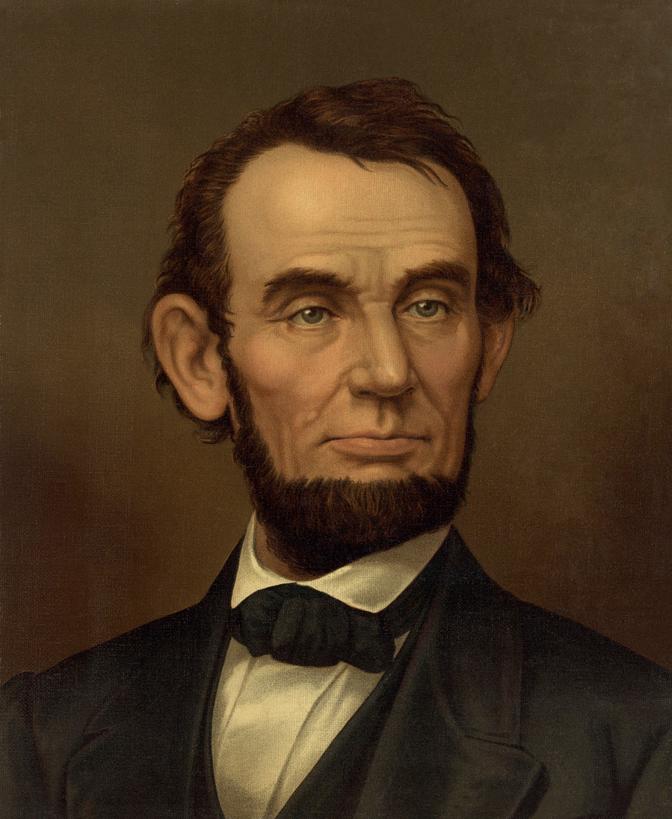
The Gettysburg Address’s language is an intentional choice. By using formal and biblically resonant vocabulary, Lincoln connects the present conflict to the nation’s founding ideals, thus elevating the speech’s impact. His style lies more in the tradition of oratory and political leadership than in everyday conversation.
Lincoln’s careful selection of words demonstrates his mastery of linguistic strategy, combining solemnity with persuasive power. His speech remains a subject of detailed historical and linguistic analysis, illustrating how language can shape public memory and national identity.
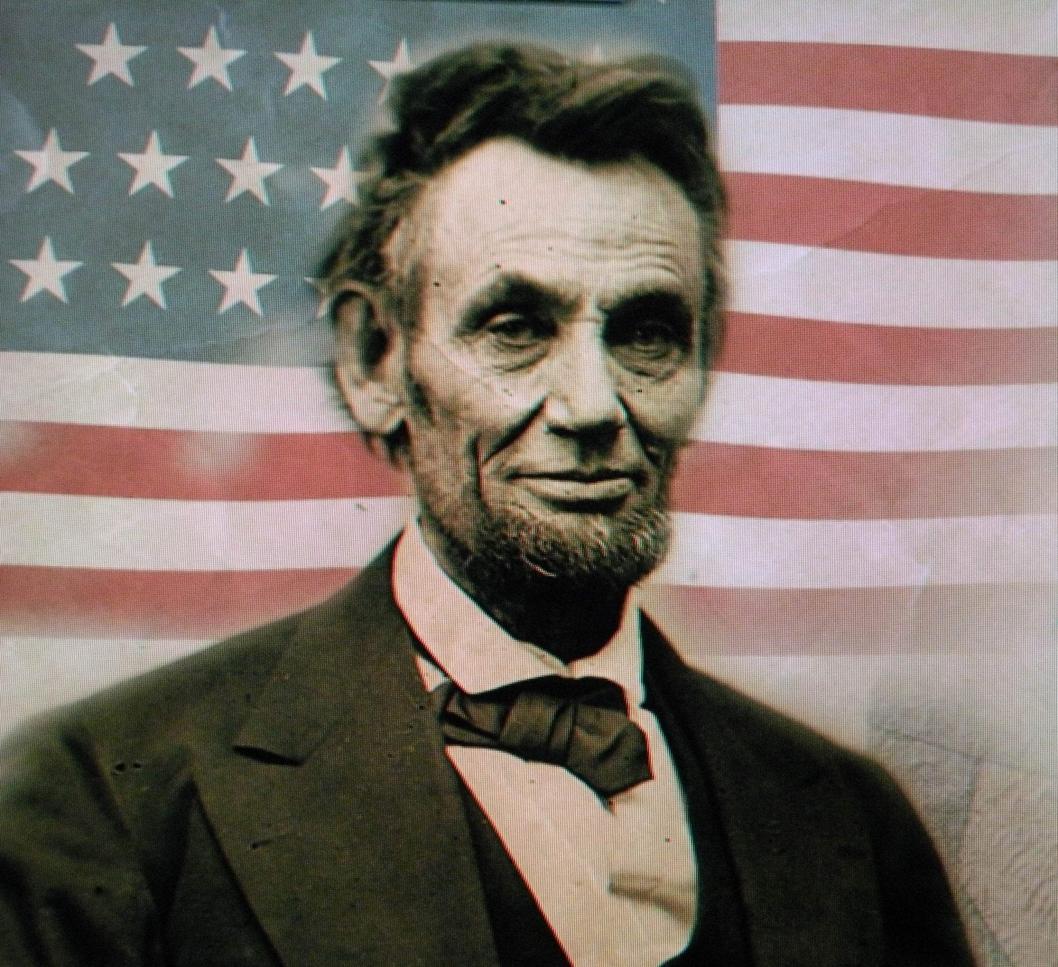
- “Four score and seven years ago” uses biblical, not everyday, language.
- Lincoln’s rhetoric features elevated and strategic word choices.
- Average Americans in the 1860s spoke in simpler vernacular.
- Lincoln intentionally employed formal language to inspire and unify.
- The Gettysburg Address reflects polished oratory, not common speech.
When Lincoln said “Four score and seven years ago”, was he talking the way average Americans talked, or was he intentionally using lofty language?
Short answer: Abraham Lincoln was intentionally using lofty language in his Gettysburg Address. His choice of words was far above the everyday speech of average Americans in the 1860s. He crafted his famous phrase, “Four score and seven years ago,” with rich biblical undertones and precise rhetoric to evoke a solemn and timeless quality—nothing like casual conversation at the time.
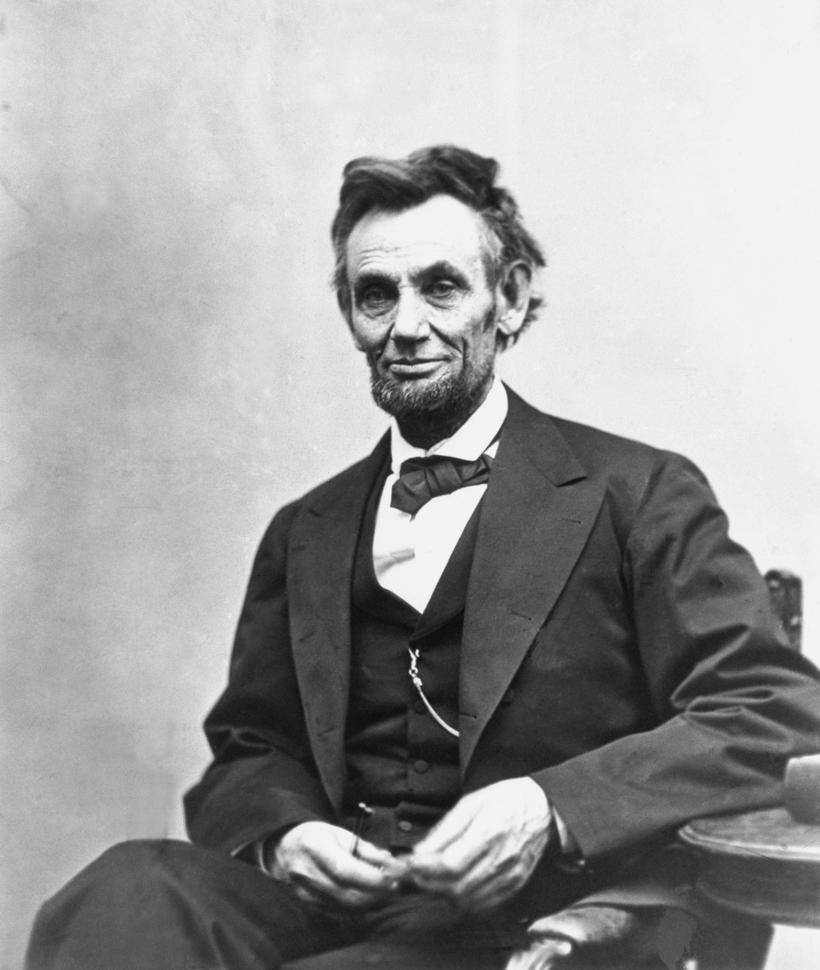
Let’s unpack this fascinating puzzle of language and style.
More Than Just Words: The Power Behind “Four Score and Seven Years Ago”
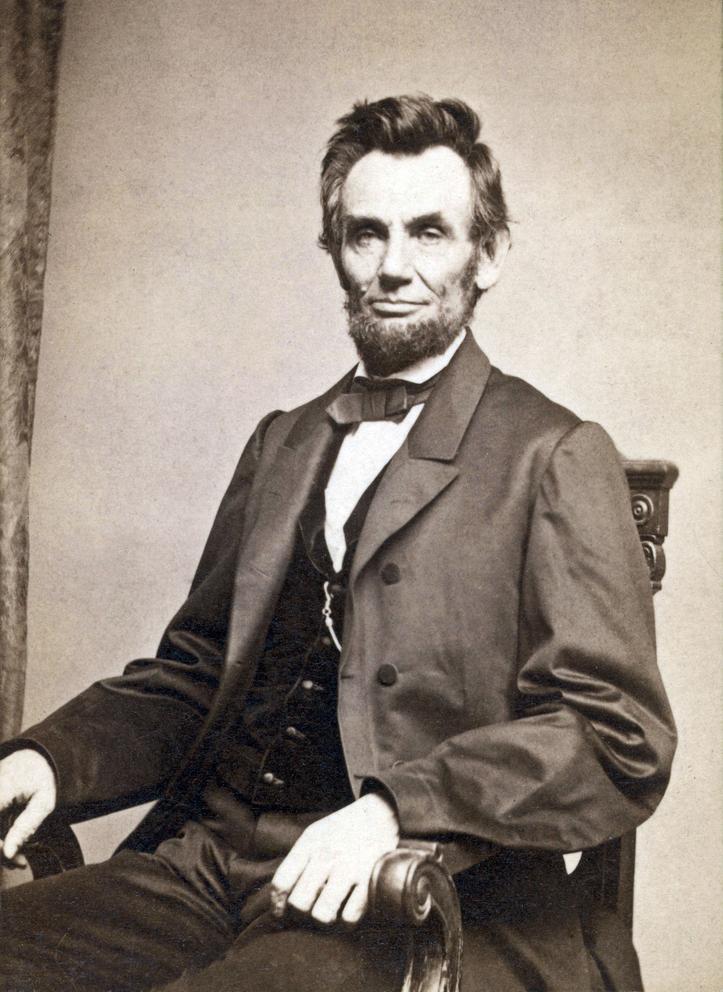
At first glance, “four score and seven years” may sound old-fashioned—but it’s more than just an archaic timekeeper. The word “score” (meaning 20 years) harks back to biblical phrasing. This biblical vocabulary wasn’t accidental. It turns Lincoln’s reference to the nation’s founding fathers into a nod to a higher moral authority. It’s like he’s inviting the audience to regard 87 years not just as a number, but as a sacred legacy.
This clever wordplay elevates the speech—it summons a sense of solemnity and reverence that ordinary talk simply wouldn’t capture. This isn’t small talk at a county fair. It’s serious rhetoric meant to unite and inspire.

Lincoln’s Mastery of Speechwriting
His language wasn’t just lofty for the sake of sounding fancy. Each paragraph in the Gettysburg Address is tightly woven around a central theme. Did you notice the strategic use of strong, impactful words like proposition, battlefield, and consecrated? These terms carry weight and precision, reinforcing the somber tone perfectly timed for a nation at war.
Lincoln’s skill was exceptional, even compared to other great orators and writers of his time. He wasn’t just randomly throwing in “$5 words” as some critics might say. Instead, he had a clear purpose: to distill big ideas into elegant, memorable phrases. This polished rhetoric set him apart from the average American speaker, who generally used straightforward, practical language of the everyday.
How Did Average Americans Speak in the 1860s?
Here’s where it gets interesting. If you dig into first-hand accounts of people who were present during the Gettysburg Address—like those documented in historical archives—you’ll find that their everyday speech was far less ornate.
These contemporaries spoke plainly, often informal and regional in flavor. They didn’t frame their thoughts in structured, poetic sentences or borrow biblical phrases regularly. Their language fit everyday life: practical, direct, sometimes rough, but seldom ceremonious or highly rhetorical.
This contrast highlights Lincoln’s intentional use of a heightened literary register. He aimed not just to communicate, but to create a historic moment in words.
Why Did Lincoln Choose This Elevated Style?
Imagine you’re at a pivotal moment in American history—right in the middle of the Civil War, when the nation is bleeding and divided. What kind of speech fits that moment? Ordinary chat won’t cut it. Lincoln chose words that felt weighty and timeless because he wanted his message to resonate across generations.
His choice makes the speech feel like a sermon or a sacred text—an intentional move to inspire unity and a renewed sense of purpose.
Historians and Linguists Agree: Intentional Loftiness
Experts in historical linguistics and Civil War history agree that Lincoln layered his address with symbolic and rhetorical meaning. It’s not an accident that politicians and clergy—who often use elaborate language—found much to admire here.
One detailed historical analysis points to the careful word selection and biblical echoes that set Lincoln’s style apart. He was consciously speaking in a tradition that commanded respect and urged reflection, not mimicked the chatter heard in taverns or town squares.
Lessons for Today’s Public Speaking: What You Can Learn from Lincoln
Think about public speeches or presentations you’ve heard recently. Notice how some speakers choose everyday language aimed at relatability, but others—especially for serious topics—go for a more formal tone.
Lincoln’s approach shows that word choice matters immensely. When you want to inspire or elevate a message, carefully selected language can make it unforgettable. His use of “four score and seven” taps into a sense of history and gravity that resonates beyond the moment.
Next time you prepare a speech or important message, consider how tone and vocabulary shape your audience’s perception.
Wrapping Up: Lincoln’s Language Was Anything But Average
To sum up, Lincoln’s “four score and seven years ago” phrase wasn’t casual or typical of everyday Americans’ speech. It was a deliberate, artful choice filled with biblical resonance and powerful rhetoric. His superior writing skills crafted a speech uniquely suited for the gravity of the Civil War era.
Lincoln knew his audience and the stakes—and he elevated his words to meet the moment.
So no, he wasn’t just talking like an average person. He was speaking like a leader shaping history.
Curious about how other famous speeches stack up against Lincoln’s? Have you ever used elevated language to deliver a powerful message? Share your thoughts!
For those who want to geek out on the linguistic details, check out the full primary source document here with rich firsthand accounts and in-depth analysis starting around page 166. History and language lovers unite!
